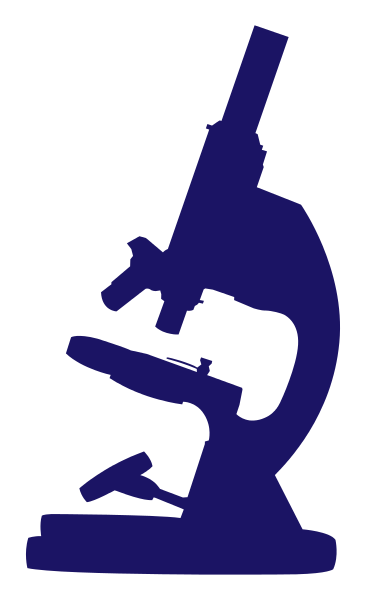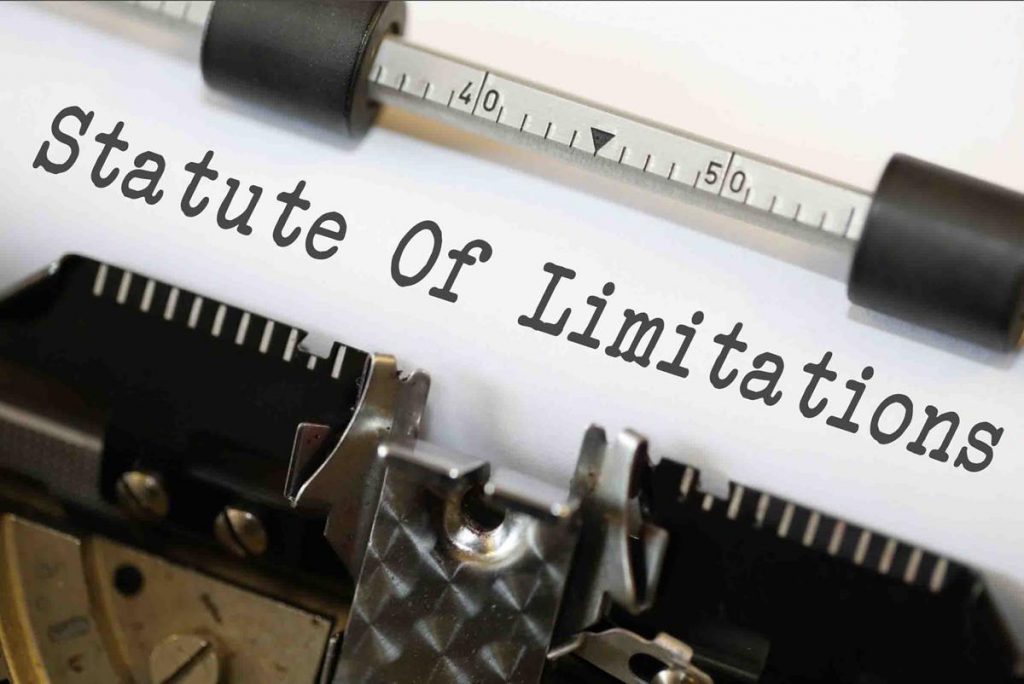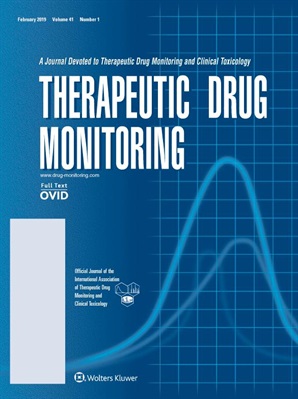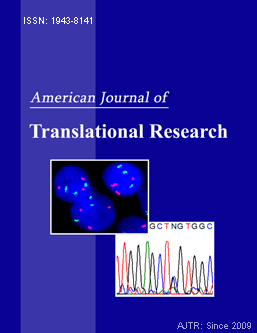
Molecular Vision appears to have been flying blind when it retracted a 2013 paper by Rajendra Kadam and colleagues.
In December 2018, Kadam, a former “golden boy” in pharmaceutical research at the University of Colorado, Denver, was the subject of a finding from the U.S. Office of Research Integrity, which stated that he had fabricated his data. As part of the agreement, Kadam agreed to retract a paper in Molecular Vision. .
Kadam, who in 2016 had his doctoral degree revoked by UC Denver, two years after the university completed an investigation and sent its finding to the Office of Research Integrity (ORI), now has eight retractions, two expressions of concern and a correction. Seven of them mention fabrication of data. But Molecular Vision, the most recent addition to the list, does not.
The paper was titled “Suprachoroidal delivery in a rabbit ex vivo eye model: influence of drug properties, regional differences in delivery, and comparison with intravitreal and intracameral routes.” Its retraction notice, issued February 18, states: Continue reading Eyes wide shut at vision journal as retraction notice misses the point
 When Venkata Sudheer Kumar Ramadugu, then a postdoc at the University of Michigan, admitted to the university on June 28 of last year that he had committed research misconduct in a paper that appeared in
When Venkata Sudheer Kumar Ramadugu, then a postdoc at the University of Michigan, admitted to the university on June 28 of last year that he had committed research misconduct in a paper that appeared in 


 Imagine you’re a journal editor. A group of authors sends you a request to retract one of their papers, saying that “during figure assembly certain images were inappropriately processed.”
Imagine you’re a journal editor. A group of authors sends you a request to retract one of their papers, saying that “during figure assembly certain images were inappropriately processed.” A journal has retracted a paper on a drug for a blood disorder 20 years after it was published — and 17 years after an author of the article was told to request the move by his university.
A journal has retracted a paper on a drug for a blood disorder 20 years after it was published — and 17 years after an author of the article was told to request the move by his university.

